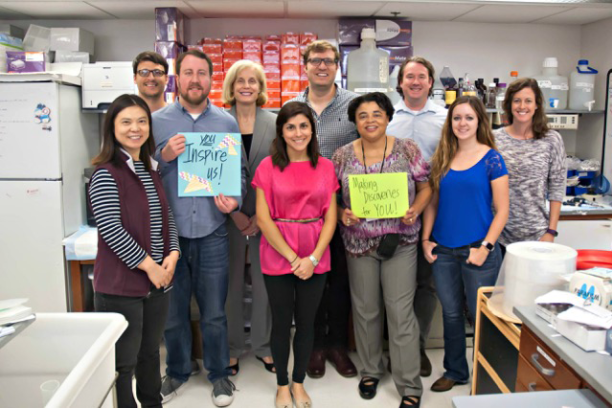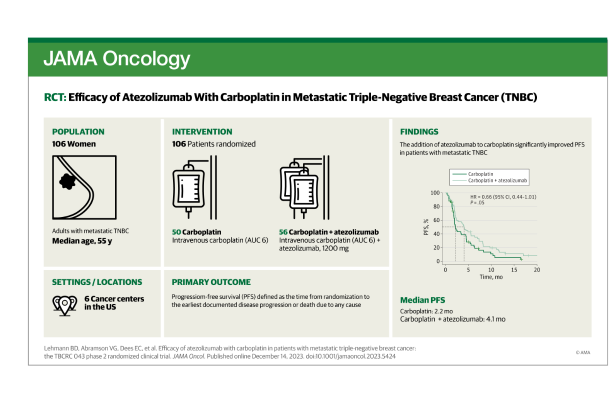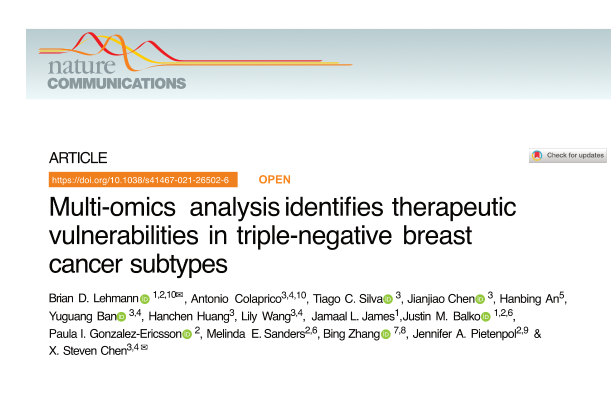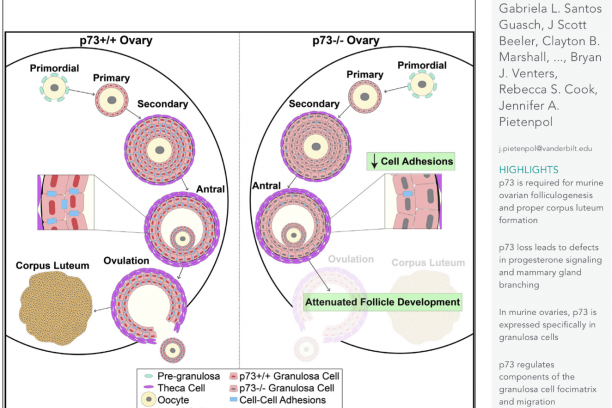The Vanderbilt-Ingram Cancer Center is home to the laboratory of Jennifer Pietenpol, PhD and Brian Lehmann, PhD. The overall mission of the laboratory is to make seminal discoveries that contribute to the continuum of our understanding of the very basic underpinnings of tumorigenesis and to translate these discoveries to patients in the clinical setting.
The laboratory focuses on epithelial cancers, with seminal discoveries in the research areas of triple-negative breast cancer and the p53 family-signaling network. Over the years the laboratory has pioneered leading technologies for analysis of p53 family-chromatin binding and functional outcomes, and identification of the role of the p53 family target genes. The team deciphered the functional p73 binding sites in the genome, was the first to link the mTOR signaling pathway to regulation of p73 activity and define a role for mTOR-p73 signaling in epithelial and mesenchymal differentiation.
The Pietenpol & Lehmann laboratory continues to integrate expertise in molecular genetics with bioinformatic analyses to molecularly subclassify difficult-to-treat, triple negative breast cancer into subtypes. The ongoing work on molecular dissection of subtypes of triple-negative breast cancer, which disproportionately affect African American and Hispanic women, has been validated and cited over 4,000 times over the past 10 years and translated to clinical trials that align patients to targeted therapy. Most recently, the team discovered a role for MYCN in triple-negative breast cancer and identified a potential intervention.
Further contributing to the understanding the function of the p53 family members, the laboratory made the seminal discovery that p73 is required for multiciliogenesis and regulates the FoxJ1-associated gene network. Further, more recent work from the lab has shown that p73 is required for ovarian follicle development and regulates a gene network involved in cell-to-cell adhesion, and regulates epidermal wound healing and induced keratinocyte programming.









